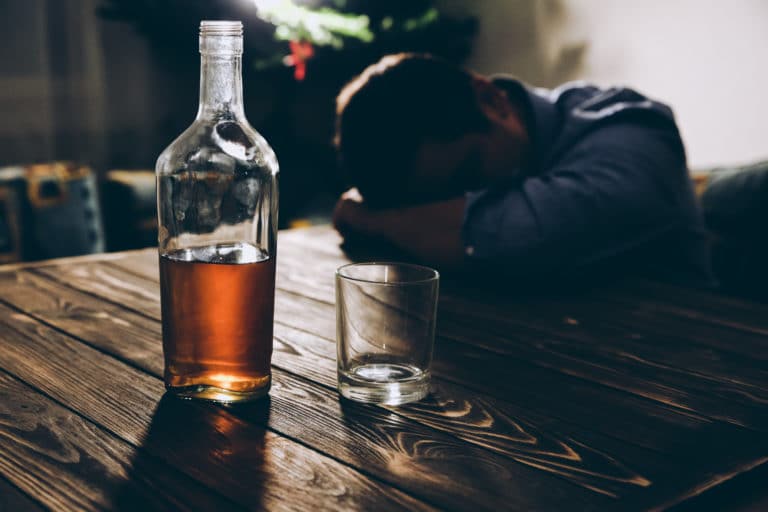There are different types of opioid drugs, including prescription pain medications and illicit substances such as heroin and fentanyl. No matter the type, opioids are potent and highly addictive substances that can lead to many physical and psychological consequences, such as symptoms of opioid withdrawal. Without help to detox from opioids, addiction often develops and persists despite ongoing consequences to your health and well-being.
How do Opioids Affect the Body?
Using opioid drugs, whether prescription (such as oxycontin) or illicit (such as heroin), alters how the brain releases dopamine into your body. Opioid use leads to higher levels of dopamine in the body than could be achieved without the drug. Because opioid use makes it difficult to feel pleasure and relaxation from normal levels of dopamine, people who use opioids depend on their effects to “feel good.” In time this dependency leads to addiction.
Opioids also change how the opioid receptors in your brain and body function. Opioid receptors are responsible for sending and receiving pain signals throughout the body. When you use opioids, they attach to the receptor sites, limiting your ability to feel pain. People with chronic pain conditions often use opioids to relieve pain. With ongoing use, tolerance to their effects develops, requiring higher and more frequent doses to achieve pain management.
In addition to significant effects on brain structure and function, opioid use also affects other body systems. Short-term use of opioids may lead to fatigue, confusion, dizziness, slowed heart rate, stomach problems, and slowed breathing. Long-term opioid use can cause problems with memory and thinking, increased infections, and addiction.
What are the Symptoms of Opioid Withdrawal?
When you develop an opioid addiction, withdrawal symptoms will occur when you try to reduce how much you use or quit using entirely. For most, these withdrawal symptoms can occur a few hours after your last dose. Opioid withdrawal symptoms may be painful and unpleasant but can be dangerous and even fatal, depending on the unique nature of your addiction.
The more severe symptoms that can accompany opioid withdrawal for some make choosing to detox at an opioid detox center crucial to safely withdrawing and taking your first steps towards sobriety.
The most common symptoms of opioid withdrawal typically include sweating, stomach problems, agitation, body aches, problems sleeping, anxiety, nausea, and vomiting. Some people will also experience severe symptoms such as seizures, irregular heartbeat, and changes in breathing patterns.
How Long Does it Take to Detox from Opioids?
Depending on the specific opioid, the first withdrawal symptoms generally appear within six hours after your last dose lasting for one to two weeks. The duration of withdrawal depends on various factors, including the specific substance and the severity of your addiction. Also, the severity of the symptoms you experience at each withdrawal stage will vary based on those same factors.
During the first 24 hours of withdrawal, most people experience mild to moderate symptoms. These generally include headaches, agitation, body aches and pains, problems sleeping, appetite changes, and cravings. In some cases, urges to use again can be very intense and often worsen as withdrawal continues.
During the second day of withdrawal (between 24 and 48 hours), acute symptoms from the first few hours may intensify, accompanied by other symptoms such as difficulty sleeping, panic, runny nose, worsening stomach issues, and sweating.
Days three and four generally mark peak symptoms for short-acting and long-acting opiates. In addition to previous symptoms, new withdrawal effects that occur as withdrawal progresses may include nausea, vomiting, diarrhea, cramping, fatigue, shivering, and enlarged pupils.
For most people, opiate withdrawal lasts for one to two weeks. However, some people may experience Post-Acute Withdrawal Syndrome or PAWS. In these cases, withdrawal symptoms may last for months after the last dose for someone with PAWS. Although severe and potentially dangerous symptoms are often not of concern, mild and unpleasant challenges such as sleeping problems, ongoing cravings, depression, irritability, and fatigue may linger.
How to Find an Opioid Detox Center in Huntington Beach, CA
Detox is often a vital aspect of the recovery process. To find a comprehensive detox program in Huntington Beach, contact Ocean Coast Recovery today.
Ocean Coast Recovery is a luxury rehab center in Southern California, offering detox, inpatient care, and aftercare planning in Huntington Beach.
Contact us today to learn more about our opioid detox center in Huntington Beach, CA, and start your journey to recovery.





